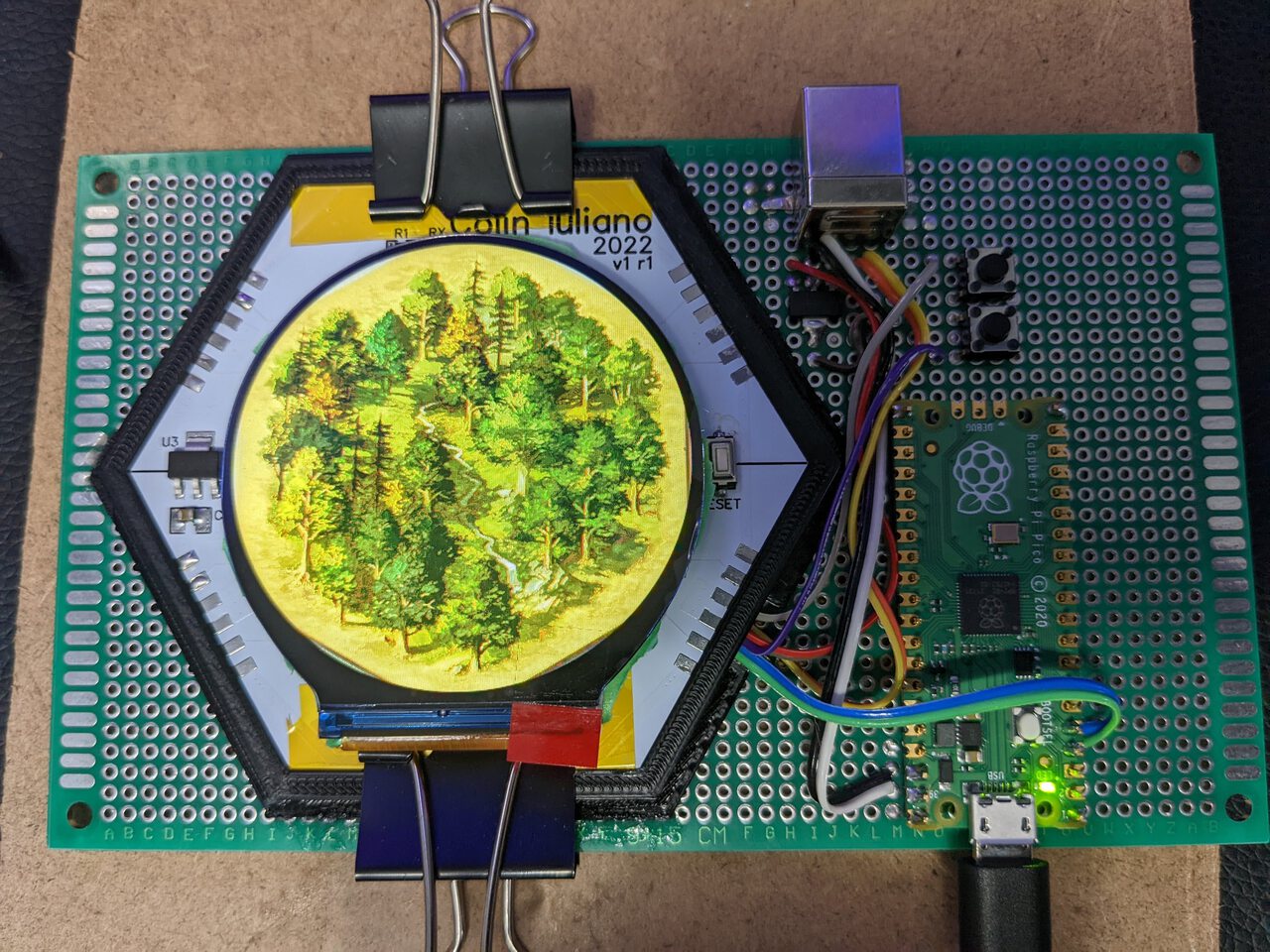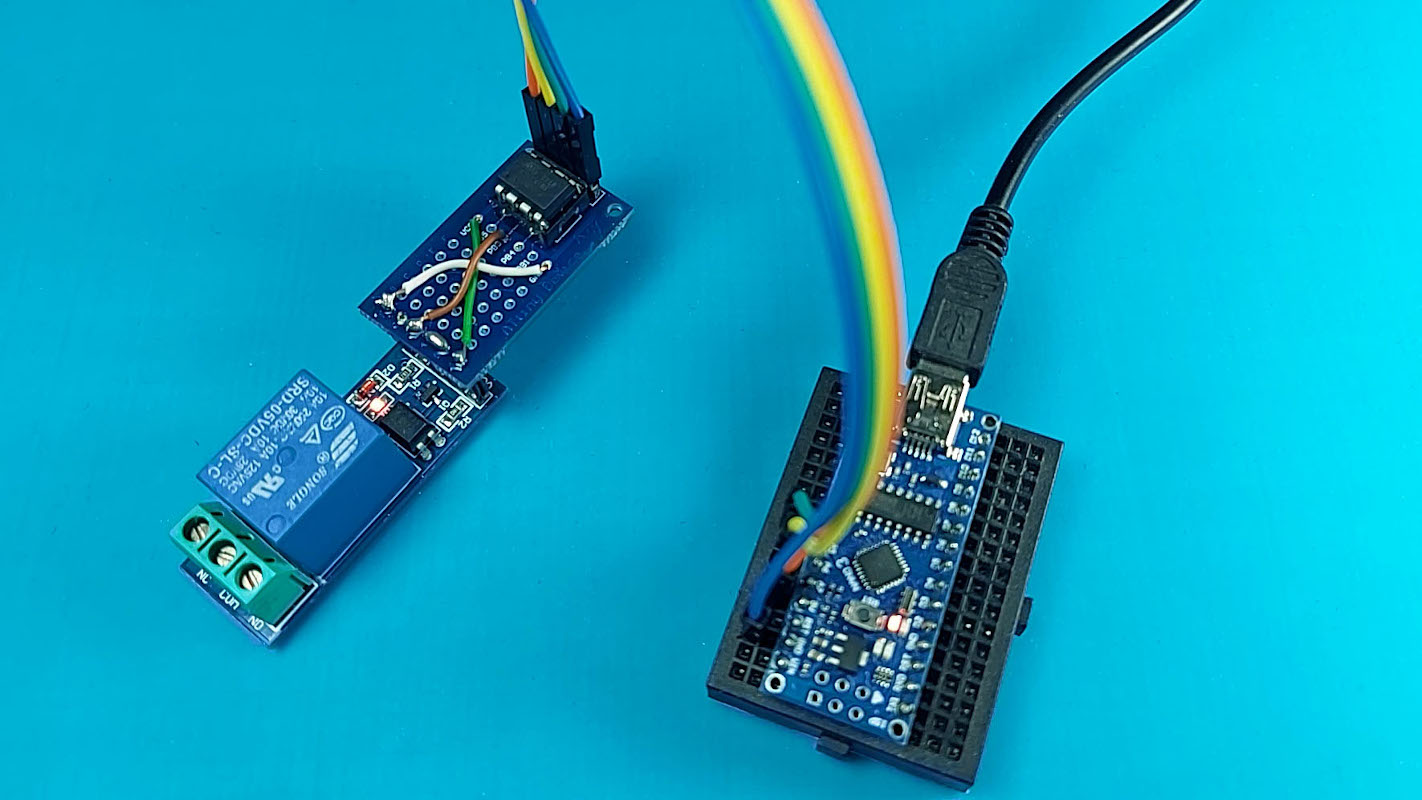#communications
2 Likes
1 Shares
Comment la #CIA a espionné le #monde entier : L’ #Affaire #CryptoAG
C’est le coup du siècle du #renseignement. Pendant des décennies, la CIA et ses alliés ont réussi à intercepter et déchiffrer des #communications #secrètes du monde entier, grâce à Crypto AG, une #entreprise suisse hors de tout soupçon. A la base créée par un véritable passionné, le suédois Boris Hagelin, cette dernière va finir par tomber entre les mains du renseignement #américain, grâce à beaucoup d’argent, pas mal d’audace et une amitié bien utile à exploiter.
Pour plus de renseignements sur cette affaire, allez check ces merveilles :
L’article de CryptoMuseum : https://www.cryptomuseum.com/manuf/crypto/index.htm
L’article de Greg Miller pour le Washington Post : https://www.washingtonpost.com/graphics/2020/world/national-security/cia-crypto-encryption-machines-espionage/
Le documentaire de la RTS : https://youtu.be/SWFlA248spU
https://www.youtube.com/watch?v=54jbXAVy_Rw
1 Shares
One person like that



Solution Aversion
Stolen from Adam M. Grant on Twitter :
One of the reasons so many problems go unsolved is that people don't like the solution.
Solution aversion is the tendency to ignore something broken when you're not a fan of the proposed fix.
The first step in solving a problem is building consensus that it exists—and matters.
🐦 https://twitter.com/AdamMGrant/status/1472276669247500297
#fz_links / #MotivatedReasoning #Psychology #Sociology #InternetDebates #Rhetorics #SocialEngineering #SocialAwareness #Communications
One of the reasons so many problems go unsolved is that people don't like the solution.
— Adam Grant (@AdamMGrant) December 18, 2021
Solution aversion is the tendency to ignore something broken when you're not a fan of the proposed fix.
The first step in solving a problem is building consensus that it exists—and matters. pic.twitter.com/j19NluvAVt
One person like that
1 Shares
Les « Cinq Yeux » deviendraient les « Neuf Yeux »
(…)
La Commission des Forces armées de la Chambre des #Représentants propose, afin de pouvoir intercepter toutes les #communications en #Russie et en #Chine, d’élever le statut de l’ #Allemagne, de la #Corée du Sud, de l’ #Inde et du #Japon. Les « Cinq #Yeux » deviendraient alors les « Neuf yeux ».
L’architecture de ce système n’est connue que depuis les révélations de Edward #Snowden (aujourd’hui réfugié politique en Russie). Ce dernier a également montré qu’il était utilisé pour #espionner non seulement les puissances étrangères, mais ses propres #citoyens. Il a en outre révélé l’existence de cinq programmes :
#Prism (interception des communications Internet avec la complicité des principaux fournisseurs d’accès) ;
#Tempora (extraction des communications par #câbles sous-marins) ;
#Muscular ( #surveillance des transferts internationaux de bases de données) ;
#Stateroom (surveillance des communications locales à partir des #ambassades et #consulats en violation de la Convention de Vienne) ;
#XKeyscore (traitement des #données globales).
Les « Cinq yeux » sont un système non pas national, mais #supranational. Ils échappent aux #lois et #constitutions des cinq #États membres. Ils constituent de facto un #Pouvoir plus important que celui des chefs d’État et de #gouvernement des États-membres. Contrairement à une idée reçue, les citoyens des « #Cinqyeux » sont aujourd’hui les #populations les plus surveillées au monde, bien plus que les populations russes ou chinoises.
"Five Eyes" about to become "Nine Eyes"
#empire #États-Unis #impérialisme #usa #five-eyes #services de #renseignements #nine-eyes
3 Likes
1 Shares

‘Panic made us vulnerable’: how 9/11 made the US surveillance state – and the Americans who fought back
'The #Snowden #documents showed that by 14 September – just three days after the attacks – the then director of the #NSA, #MichaelHayden, had taken a " #tactical-decision” to begin #snooping on the #digital #communications of #people based in the #US.'
#panic #vulnerable #9-11 #mass #surveillance #state #edwardsnowden #whistleblowers #government #spying #internet #prism #espionage #patriot-act #jamesclapper #aclu #ronwyden #benwizner #markklein #american-muslims #cybersecurity
9 Likes
2 Comments
2 Shares
Dumb Phone
Elsewhere a friend laments:
The frequency with which I need my email and a notebook while I'm on the phone makes integrated devices foolish.
I'd covered that point a few years ago in a larger essay on the tyranny of the minimum viable user:
It's also interesting to consider what the operating environment of earlier phones was -- because it exceeded the device itself.
A business-use phone of, say, the 1970s, existed in a loosely-integrated environment comprising:
- The user
- The phone itself
- A Rolodex or addressbook / contacts list
- The local PBX -- the business's dedicated internal phone switch.
- A secretary or switchboard operator, serving also as a message-taking (voice-to-text), screening, redirect, directory, interactive voice response, and/or calendaring service
- A desk calendar
- A phone book
- A diary or organiser
- Scratch paper
Critically: these components operated simultaneously and independently of the phone.
A modern business, software, or smartphone system may offer some, or even all, of these functions, but frequently:
- They aren't available whilst a call is in process
- They have vastly less capability or flexibility than the systems they replaced
https://old.reddit.com/r/dredmorbius/comments/69wk8y/the_tyranny_of_the_minimum_viable_user/
There's also the increasingly evident problem that having all your critical data on a communications device is a fundamental and intractable risk. The dis-integrated business telephony environment of the 1950s--1990s maintained data isolation between elements. Telephone numbers served as the reasonably-viable data-exchange-and-linking interface between components (map a name or address to a number, enter the number on a calendar or correspondence, etc.).
It's almost as if putting your filing system, personal diary, correspondence, photo album, and directory on a surveillance and exfiltration device was a Bad Idea.
And not just from a UI/UX / accessibility perspective.
It turns out that a chief affordance of the old POTS landline telephone was the air gap between it and everything else inside your office / home.
(We can talk about the solicitations, robocalls, and phishing issues separately.)
#telephony #telephones #risk #AirGap #data #DataAreLiability #UIUX #Usability #SmartPhones #DumbPhones #computers #communications #privacy #security #surveillance
15 Likes
25 Comments
One person like that
One person like that
One person like that
1 Shares
2 Likes




